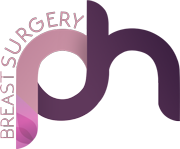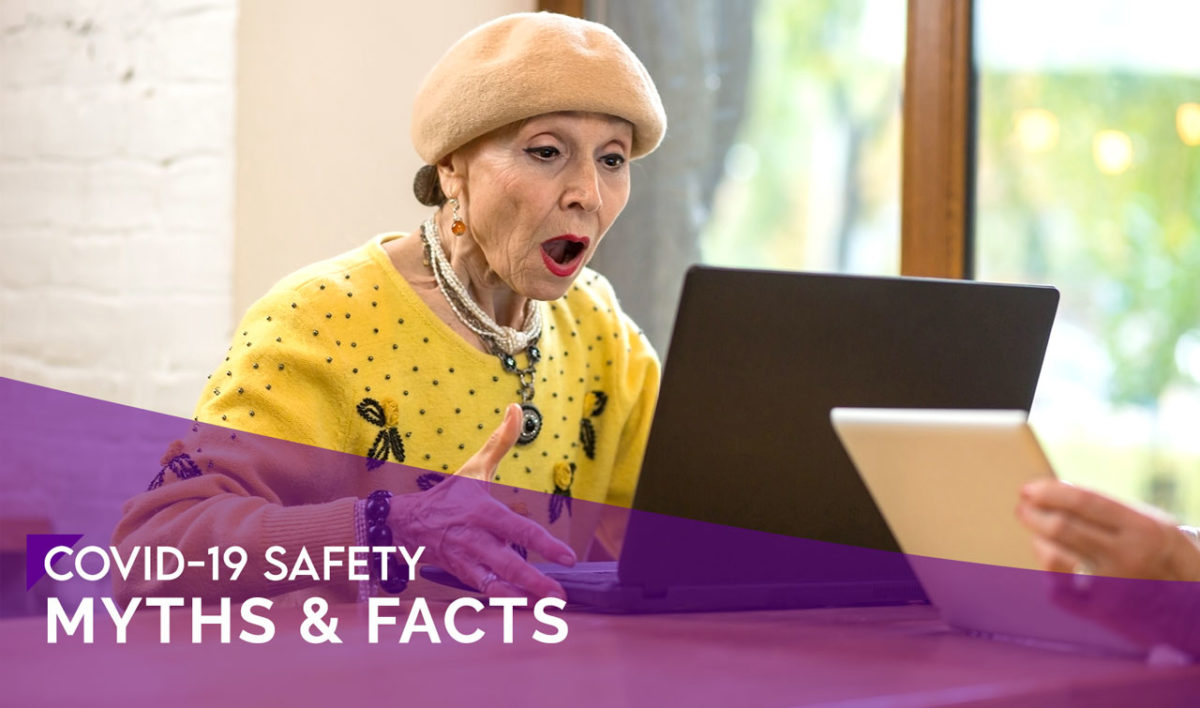Due to the increase of COVID-19 (coronavirus) cases in the Philippines and around the world, several countries have declared lockdowns and established protocols in order to stop the spread. Another key aspect of this fight is the dissemination of information through different mediums, in order to give people the information that they need. However, it is vital to weed out factual information, from so-called “fake news” designed to spread fear and misinformation.
In this article, we will be busting the myths about COVID-19, in order to arm people with the correct information to help them avoid making wrong decisions. The information below is taken from credible sources such as the World Health Organization (WHO) and the Center for Disease Control and Prevention (CDC).
The Myths and the Facts:
Myth: COVID-19 Virus thrives in hot and humid areas, and dies in cold, snowy areas.
Facts: According to the WHO, the COVID-19 Virus scan can thrive in all areas of different climates. Aside from having no evidence to support this claim, the human body temperature remains between 36.5°C to 37°C, regardless of the outside weather or temperature.
Myth: Taking a hot bath or shower can kill the virus.
Facts: No, taking a hot bath or shower will not kill the virus. As mentioned, regardless of outside temperature, the body temperature will relatively stay the same. Though it is recommended to often wash your hands and to observe proper hygiene, please do not attempt to bathe in extremely hot water as you may burn yourself.
Myth: Hand dryers can kill the virus.
Facts: There is no evidence to support the claim that hand dryers can effectively kill the virus. However, the best way to protect yourself from COVID-19 is to wash your hands thoroughly with soap and water and to occasionally disinfect with 70% alcohol solution.
Myth: Mosquitoes can spread COVID-19!
Facts: Mosquitoes are known to spread many types of diseases such as dengue and malaria, but NOT COVID-19. This new type of coronavirus is known to spread through droplets from saliva and nasal discharge, or when the person coughs and or sneezes.
Myth: Spraying alcohol and disinfectants can cure me of the virus.
Facts: Alcohol and disinfectants cannot kill the virus that has entered the body. However, it can be used to disinfect surfaces and hands, provided that you use the recommended amount, and that you avoid spraying it in your eyes and mouth.
Myth: Use UV disinfection lamps to sterilize your body and kill the new coronavirus.
Facts: Please do not use UV disinfection lamps to sterilize your body, as it may cause skin irritation due to radiation.
Myth: Rinse your nose with saline to protect yourself from COVID-19
Facts: Although there is limited data that says rinsing your nose with saline can help you recover from the common cold, there is no data to prove that it can prevent the new coronavirus or any other respiratory infections.
Myth: Vaccine against pneumonia will protect you from COVID-19
Facts: Though vaccination from respiratory diseases like pneumonia is highly recommended by doctors in order to protect your health, it does not prevent or cure the new coronavirus. Doctors and specialists around the world are now working to create a cure for COVID-19.
Myth: The new coronavirus only affects the elderly.
Facts: Any person from any age is susceptible to COVID-19. However, the elderly and people with pre-existing health conditions are advised to be extra cautious as they are vulnerable to more severe illness brought by the virus.
Myth: Garlic can prevent COVID-19 infection
Facts: There is no evidence to support the claim that garlic can help defend against the new coronavirus. Though it has antimicrobial effects, consuming garlic will not protect you from COVID-19.
Myth: Antibiotics can be effective in the prevention and treatment of COVID-19
Facts: Antibiotics work against bacteria, not viruses. If a person has COVID-19 and also a bacterial infection, then they may be given antibiotics to fight the bacterial infection.
Please remember that the most effective way to avoid the new coronavirus is to wash your hands with soap and water, avoid touching your face, and to practice social distancing. If you do show any symptoms of the virus, immediately seek the advice of a health professional.















